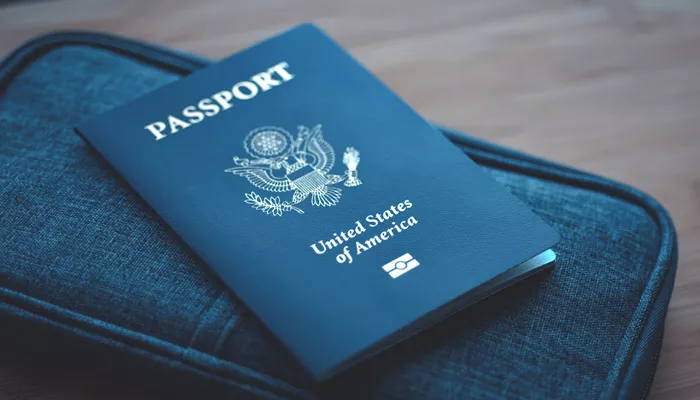Thailand is introducing a new multi-country tourist visa and an Electronic Travel Authorization (ETA) system to enhance tourism and streamline travel within Southeast Asia. The new visa will allow visitors to travel to Thailand and five neighboring countries—Cambodia, Laos, Myanmar, Vietnam, and Malaysia—under a single permit. This “6 countries, 1 destination” initiative aims to boost regional tourism but has raised concerns about border security.
On Thursday, Thailand’s Minister of Foreign Affairs, Maris Sangiampongsa, briefed the press on the new plans at the Ministry of Foreign Affairs in Bangkok. He confirmed the rollout of the ETA system and detailed the new visa scheme, which will facilitate travel between Thailand and its five neighboring nations.
The new visa, named the Destination Thailand Visa (DTV), is expected to be a significant development for digital nomads. It allows a five-year stay with a 180-day limit per visit, which can be renewed from outside Thailand. Applicants must have a minimum of ฿500,000 in funds and are prohibited from earning income within Thailand.
The visa reform, effective from July 15, includes easier access for travelers and a new tourism visa that can be extended up to 90 days. The revised visa terms are designed to be user-friendly and renewable.
However, the “6 countries, 1 destination” visa could raise security concerns due to the presence of criminal activities across borders with the neighboring states. Despite this, there is strong demand from tourists for more flexible cross-border travel.
Maris also announced the introduction of an ETA system, set to be implemented next year. This system is expected to improve travel experiences and security. It will require all inbound travelers to Thailand to apply for authorization, likely accompanied by a ฿300 tourist levy and insurance.
Maris emphasized Thailand’s commitment to maintaining a neutral stance in global politics, particularly amid growing tensions between China and the United States. He reaffirmed Thailand’s role as a neutral party while working to enhance its economic and diplomatic ties.
Thailand’s foreign policy has been influenced by its historical alliances, including a treaty with the United States from 1954 and various communiqués. Despite past ties to the US, recent developments have drawn Thailand closer to China, particularly due to economic and political shifts.
The minister also addressed Thailand’s diplomatic efforts in Myanmar, where political instability has led to complex regional dynamics. Maris stressed Thailand’s goal of promoting peace and prosperity amid ongoing global tensions.
In summary, Thailand’s new visa and ETA systems are part of broader efforts to strengthen its position in Southeast Asia, address security concerns, and balance its diplomatic relationships amid evolving global dynamics.


